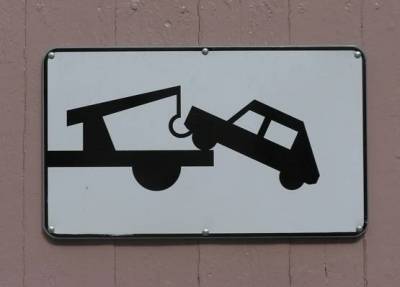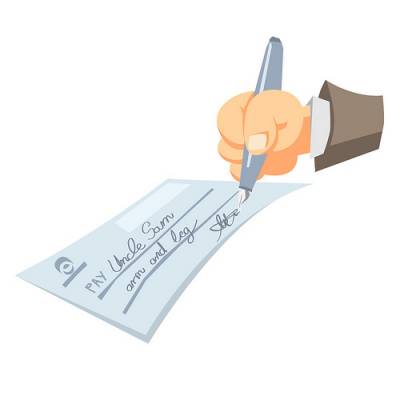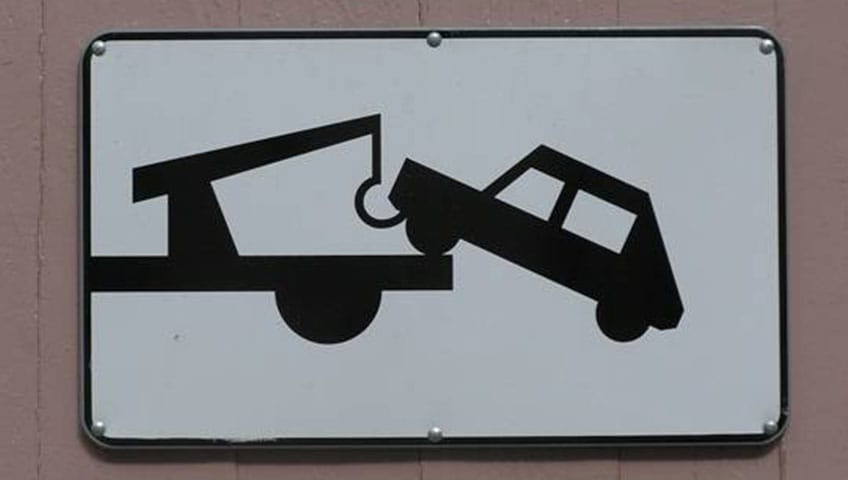Q: I was behind on my car payments, and my car was repossessed. Can filing a bankruptcy help me get it back?
A: Not by filing Chapter 7. Chapter 13’s are often used to cure defaults on car notes.
Having a car repossessed does not cause you to lose all of your rights in that car. Under state law, you have the “right to redeem” a car (by paying for it in full) for 10 days or until the car is sold, whichever is longer. Thus, if the car has not been sold, you can use a Chapter 13 to force the lender to give it back, and let you pay for it over a period of years through your Chapter 13 plan. We can normally recover a repossessed car very quickly by filing a workable Chapter 13… assuming that you have full coverage insurance in place with the lender listed as the lienholder on the policy.It is not true that you must lose your car if you file Chapter 7.
Q: What is the effect of filing a Chapter 7 on a repossession?
A: A Chapter 7 is generally of no use to you if your objective is to get the car back, and if the lender doesn’t want to work with you. Secured lenders have real power in Chapter 7 if you are in default. They are not obligated to work with you to cure missed payments. Instead, that is what Chapter 13 is used for. However, a Chapter 7 will wipe out any “deficiency” owed, so at least you can get a fresh start and then hopefully replace it with another vehicle that you can afford.
Of course, it is not true that you must lose your car if you file Chapter 7. Filing Chapter 7 is not an event of default if you are otherwise in compliance with your obligations under the note. (For example, you are not behind in your payments). In most Chapter 7’s, debtors keep and keep and continue to pay for cars (that is, they “reaffirm”). Rules pertaining to “reaffirmation agreements” are addressed elsewhere on this web site.
Call attorneys H. Brooks Cotten or Gina Karrh at 678-519-4143 to discuss your particular situation, and they can discuss your options with you.







